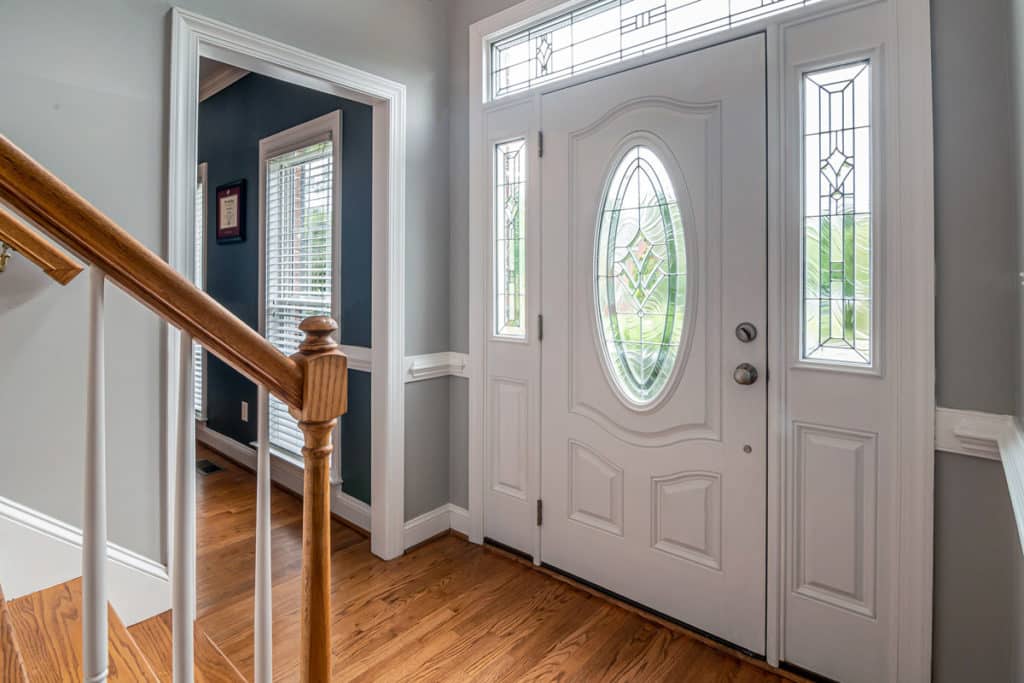If you need a locksmith, chances are you are in a rush, panicked, and stressed. You could be Googling local locksmiths and choosing the first one who appears on your search. This panic is what makes locksmith scams so common.
Most locksmith scams involve someone who is not a certified locksmith arriving at your home or car and charging you far more than legitimate, trained locksmiths. Those scammed by bogus locksmiths may also have their locks broken entirely and could leave themselves open to future break-ins.
Whilst many of us hope not to be in a situation where we need a locksmith, mistakes happen. Rather than panicking, be sure to follow these tips to make sure you aren’t scammed.

Avoid toll-free and non-local numbers
If you find a locksmith online who has a toll-free phone number, such as one starting with 0800, or their number has an area code nowhere near where you live, it could be a scam. This is because many locksmith scams involve calling a call centre, often not even located in the U.K., who pretend to be employees of the locksmith and then send out a fake locksmith.
Use local directories
Local directories as well as reputable tradespeople finder sites such as Checkatrade.com, will have legitimate, verified locksmiths. This is much safer than relying on Google search, which may bring up paid ads by fake locksmith businesses before showing legitimate services.
Local directories and tools like Google Maps can also provide you with more details about the locksmith you’re hiring, such as their place of business and website. You can also use these tools to check online reviews to ensure you’re choosing a trustworthy locksmith.
Beware of no-name businesses
If a business doesn’t have a specific name and whoever you speak to on the phone uses vague terms like ‘locksmith service’ rather than providing a business name, it could be a scam.
Likewise, when the locksmith shows up, look for a business name on their car or ask for a business card. If they don’t have any evidence of their business name and claim only to offer a vague ‘locksmith service’, it probably isn’t a legitimate business.
Verify prices before the job
By confirming the price of the job before the locksmith starts, you can avoid any nasty surprises once you’re back in your home. Ideally, confirm prices over the phone and be wary if you’re given a minimum price (e.g. £20 and up) rather than a fixed price.
Check out the average price of locksmiths in the U.K. to get an idea of what you should expect to pay. That way, not only will you know what is way too much, you’ll also know when a price offered over the phone is too good to be true.
And Finally:
Don’t let locksmiths drill your lock
A common scamming tactic by fake locksmiths is to drill into the lock rather than picking it. They may tell you that the lock is proving too difficult to pick and that they need to drill into it. Not only will this damage your door, but it may also be used as an excuse to overcharge you for the service.

